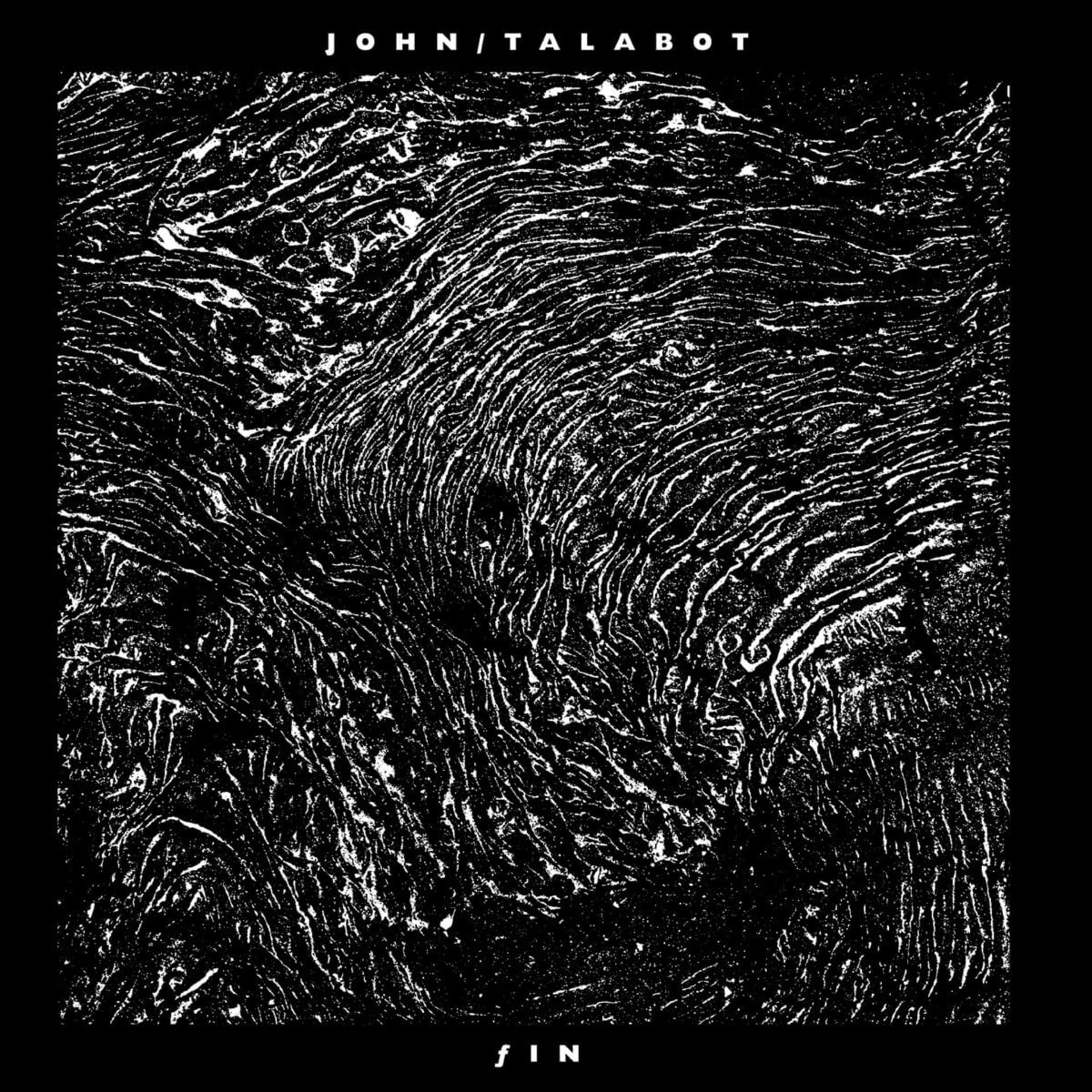
Billie Ray Martin recommends John Talabot’s fIN
My first thought when I put this album on was that this is a Spanish artist, and that’s without knowing a thing about John Talabot. I don’t mean this at all in a belittling way, but it has this whiff, this hint, of “Café del Mar” in it somewhere. It’s an air of smoothness, and I can’t really say much more than that on why I knew. But somehow I did. That’s also actually what became one of the most endearing aspects of this album for me; you can’t file fIN under “easy listening” or “chill-out music”, even though it’s definitely not hard to listen to.
During the first few minutes of the first track, ‘Depak Ine’, I still wasn’t sure what I was listening to, or if I liked it. But almost as soon as I started deliberating, I was swept up in the passion that drives the song forward. I immediately started listening more closely and getting excited about where each new track would take me, because fIN is nothing if not transportive. From ‘El Oeste’ on, it’s clear that Talabot is doing something very personal and not developing musical themes to fit a specific genre. And the ending of that track is pure genius. His keyboard riffs are so creatively developed that the melodies, which initially sound very poppy, morph into something much more exciting and unpredictable, almost Brian Eno– esque. I mean, I write pop songs, so that was really rocking my boat. It’s not easy to make such whistleable melodies without them becoming gooey and saccharine. But even more interesting is perhaps the idea that he’s making electronic music that looks to the past, but in no way sounds dated. I often had to think of Moby with some of the vocal samples. Not in a sense that it sounded ripped off. It was more like a gentle and respectful nod, especially on ‘When the Past Was Present’, which is such an amazing track, and definitely something I’ll be DJing in the future.
Maybe my only real criticism is the way Talabot occasionally cakes some of the vocals in reverb, like on ‘Journeys’ or ‘Destiny’. My attitude is: If you want to write a song with a vocal, do it. But don’t do it half-assed. The singing here was just too wishy-washy for me; you can’t be sure if the voice is really any good, or if Talabot was trying to mask something. You know, vocals are making a big comeback in house music, but not everybody is so used to dealing with them production-wise. I realized that most recently when I was dealing with artists’ remixes of tracks from the last Opiates album. Mixing vocals is kind of a lost art. When I first started with Electribe 101, the first thing that we did was figure out the vocal, and then we built the music around that. Singing was the focal point, never an afterthought. I’m not saying that’s the case with this album in general, but this whole instant-atmosphere reverb thing I can’t really understand.
All in all, I wouldn’t call this a house album. It’s too slow, too explorative, too complex, too bold and too unique. I’ve kind of stopped understanding the logic of today’s tastemakers, but it makes sense that there seems to be a consensus on the importance of what John Talabot’s doing. ~
Published May 27, 2012.
